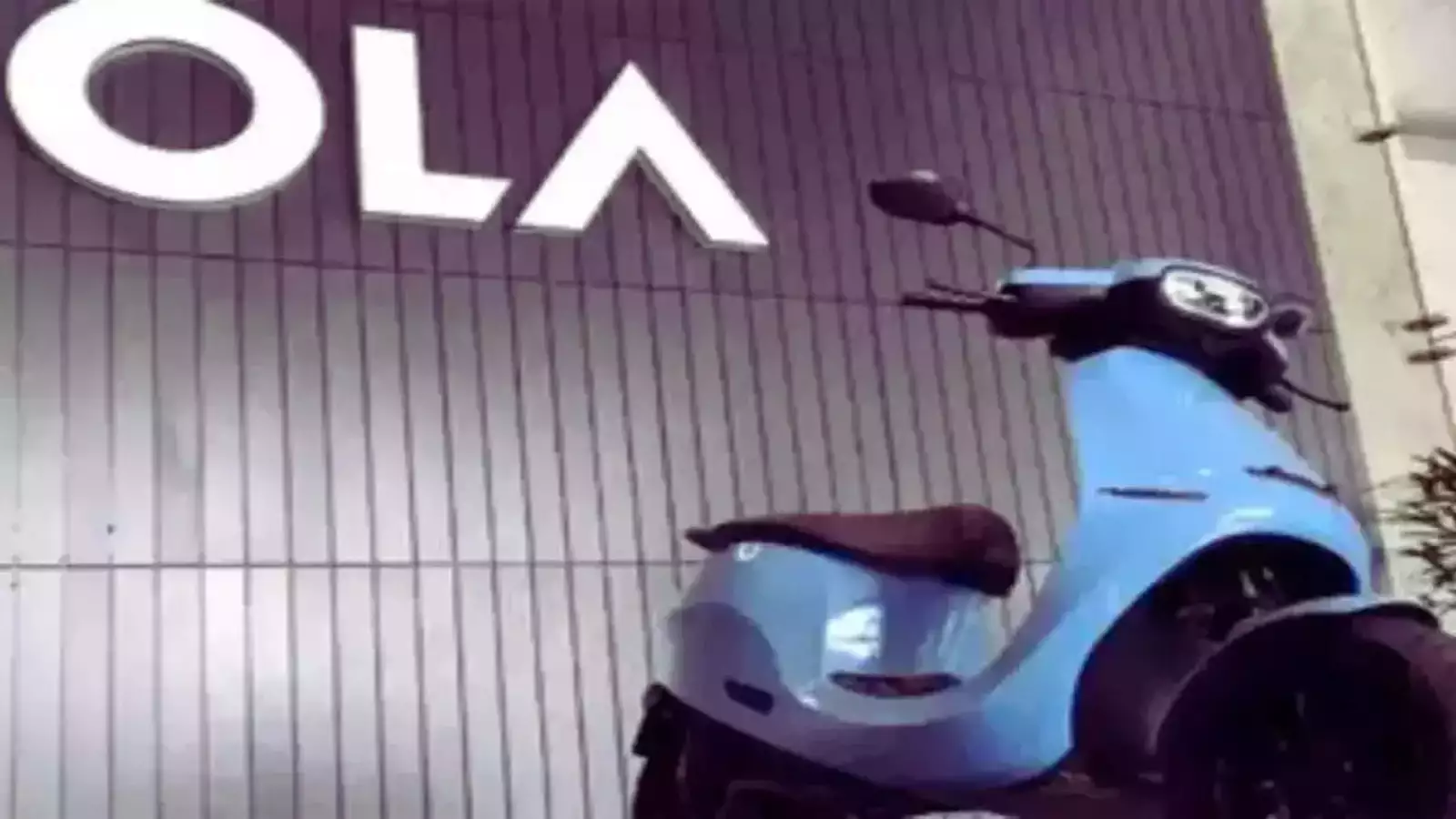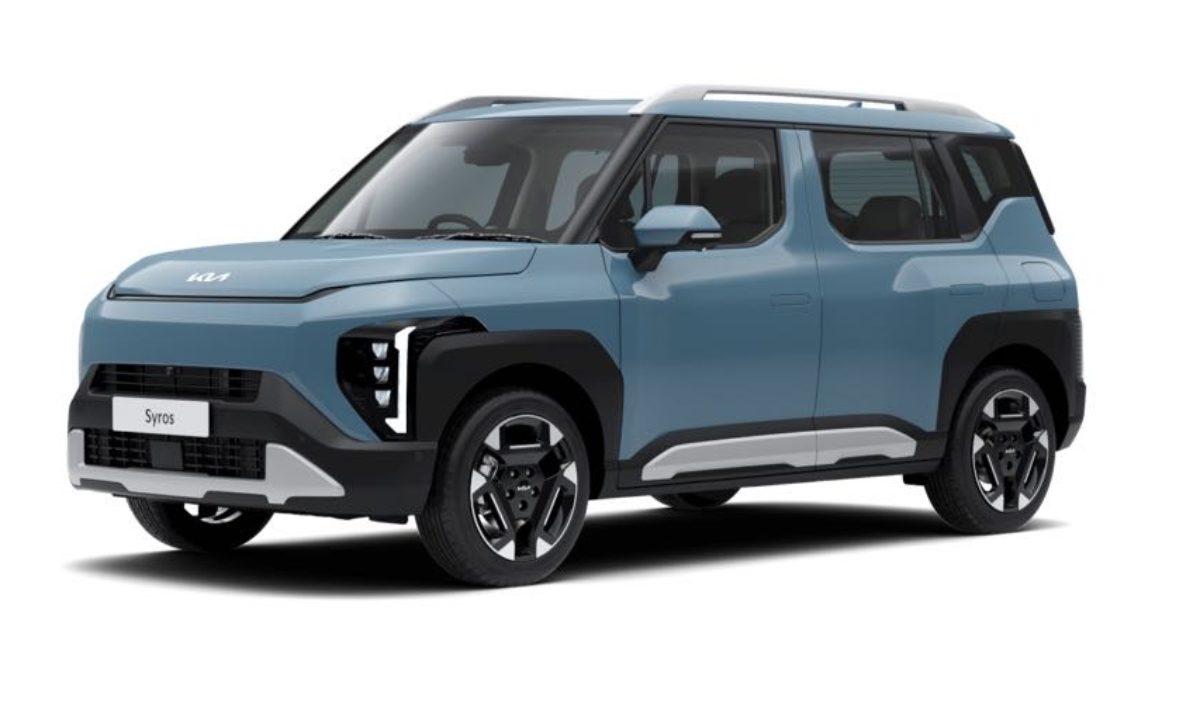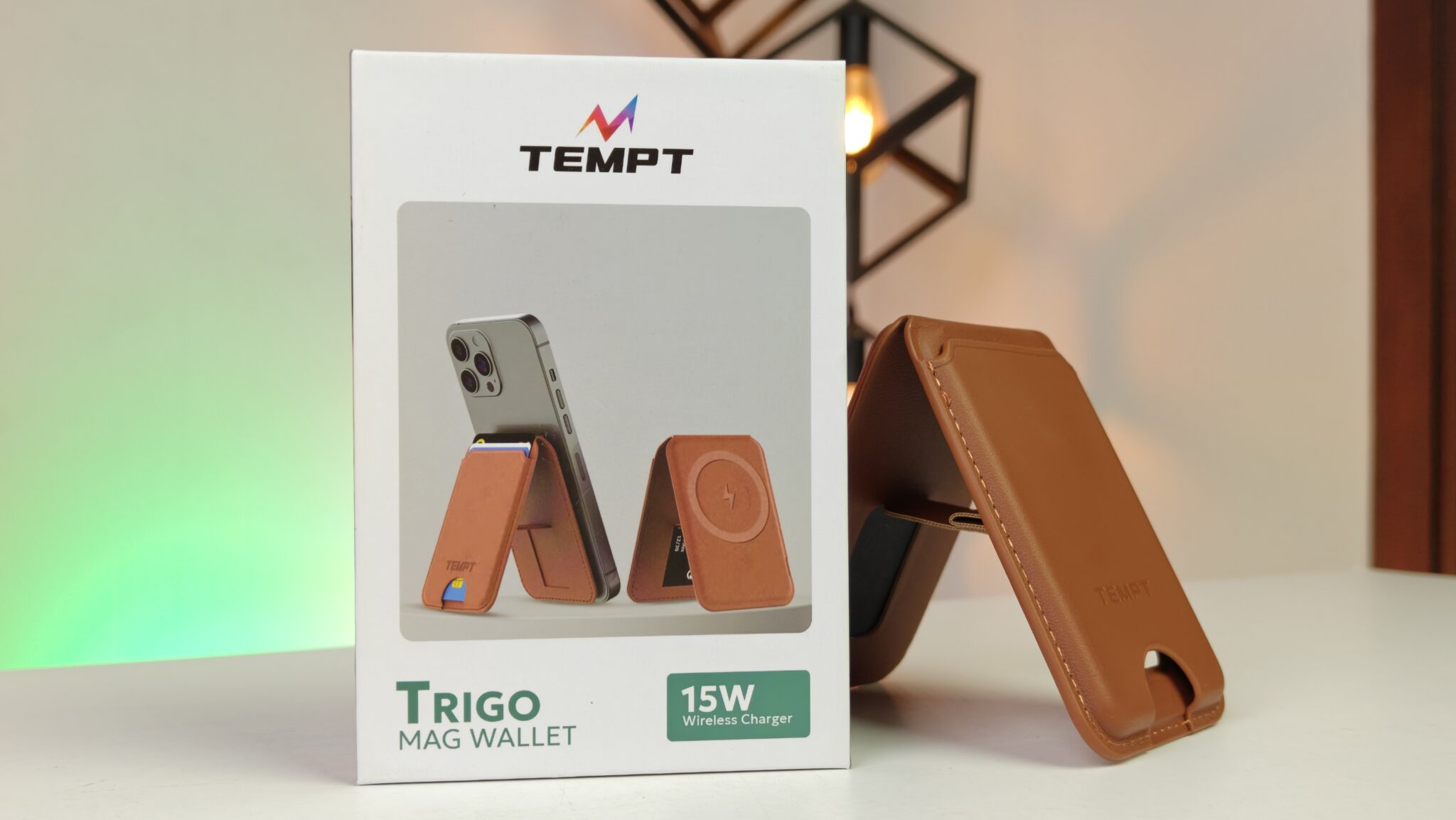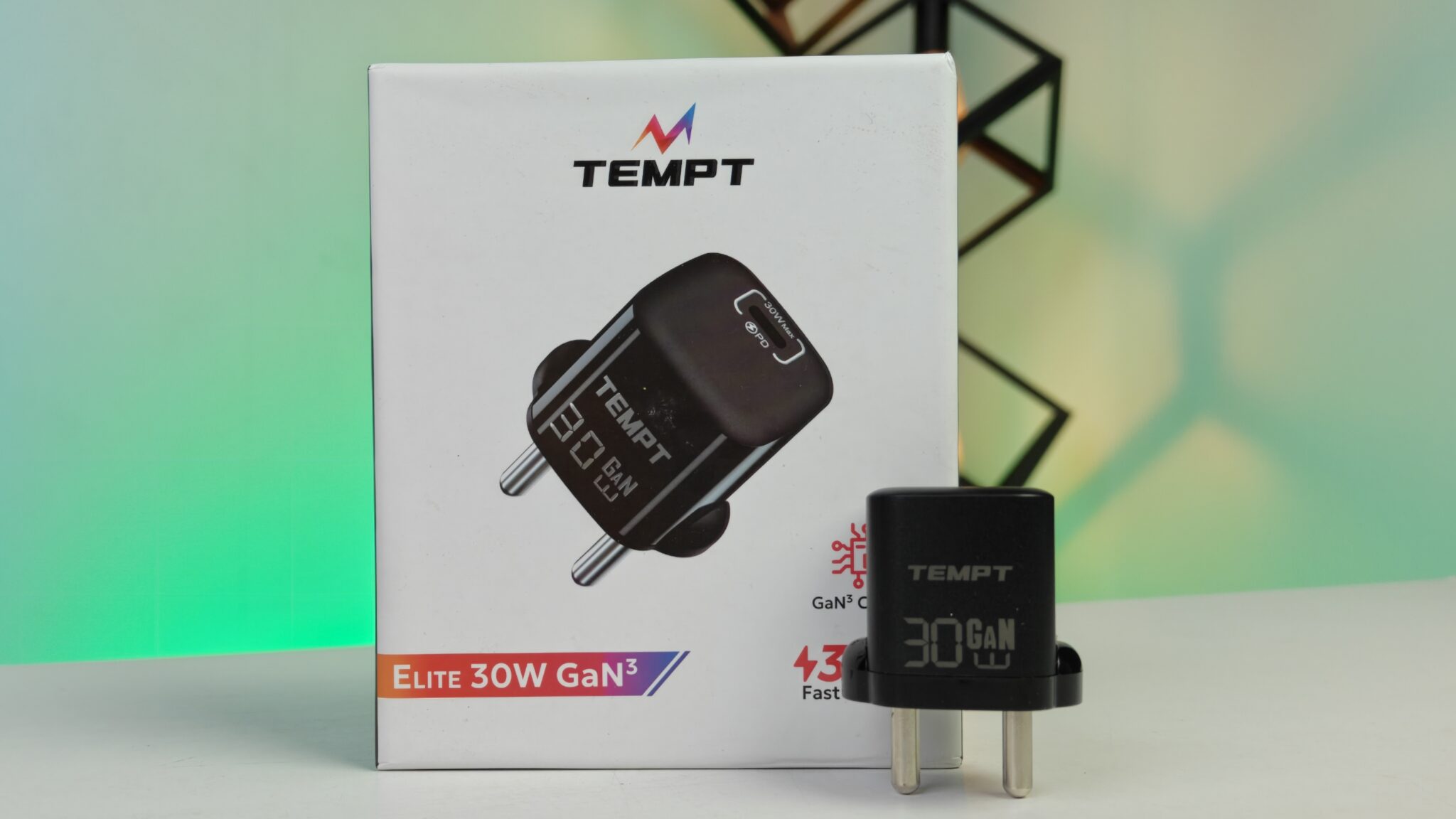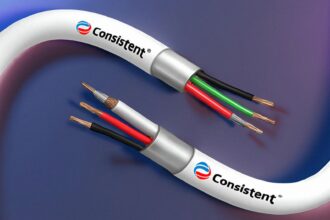Leading electric scooter manufacturer Ola Electric might face the possibility of losing out on crucial government subsidy benefits if the ongoing delays in e-scooter registrations spill over into the next fiscal year, FY26. Industry sources and analysts suggest that persistent issues with registration processes could push deliveries beyond the current fiscal year’s deadline, potentially impacting the company’s eligibility for incentives under the existing Faster Adoption and Manufacturing of Electric Vehicles (FAME) scheme.
The FAME scheme, a cornerstone of India’s electric mobility push, offers significant financial incentives to manufacturers and buyers of electric vehicles. These subsidies have played a vital role in making electric scooters more affordable, driving adoption across the country. Ola Electric has been a major beneficiary of this scheme, with its popular range of e-scooters attracting considerable consumer interest, partly due to the reduced upfront cost enabled by the subsidies.
However, recent reports and customer feedback indicate that many buyers are experiencing considerable delays in the registration of their Ola Electric scooters. These delays, attributed to a combination of factors including supply chain constraints, logistical hurdles, and potentially backlog at regional transport offices (RTOs), are causing concern within the industry.
“We have been tracking the registration timelines closely,” said an industry analyst who wished to remain anonymous. “If a significant number of pending registrations do not get completed before the end of the current fiscal year, which is March 31, 2025, Ola Electric could see a substantial portion of their sales from this period become ineligible for the FAME subsidy.”
The current phase of the FAME scheme is scheduled to conclude soon, and while there are expectations of a new iteration or extension, the specifics regarding eligibility criteria and timelines for FY26 remain unclear. This uncertainty adds to the pressure on Ola Electric to expedite the registration process for its existing orders.
Several customers have taken to social media platforms to voice their frustrations regarding the prolonged waiting periods for their scooter registrations. Some users reported waiting for several weeks, even months, after receiving their vehicles. These delays not only inconvenience customers but also raise questions about the efficiency of the overall delivery and registration ecosystem for electric vehicles.
“I received my Ola scooter a month ago, but the registration is still pending,” shared a customer from Bengaluru on X (formerly Twitter). “I am worried about the subsidy and when I will finally be able to legally ride my vehicle.”
Ola Electric has acknowledged some delays and stated that they are working diligently to resolve the issues. The company has attributed some of the holdups to external factors beyond their direct control. However, the continued reports of registration backlogs suggest that the challenges might be more significant than initially anticipated.
The financial implications of potentially losing subsidy benefits could be substantial for Ola Electric. The FAME subsidy directly reduces the purchase price for consumers, making their products more competitive. If a significant number of scooters sold in the current fiscal year do not qualify for the subsidy due to delayed registration, it could impact the company’s revenue and profitability. Furthermore, it could also affect consumer sentiment and potentially lead to order cancellations if buyers are unwilling to bear the full cost without the subsidy.
This situation also highlights the broader challenges within the Indian electric vehicle ecosystem. While the demand for EVs is increasing, the supporting infrastructure, including efficient registration processes, needs to keep pace. Delays in such crucial aspects can hinder the overall adoption rate and undermine the effectiveness of government incentive schemes.
Government officials have been monitoring the situation and have urged manufacturers to streamline their processes and work closely with RTOs to expedite registrations. There is an increasing focus on ensuring that the benefits of the FAME scheme reach the intended beneficiaries – both manufacturers and consumers – in a timely manner.
For Ola Electric, the coming weeks will be critical. The company needs to significantly accelerate its registration process to ensure that the maximum number of scooters delivered within this fiscal year are registered before the March 31 deadline. Failure to do so could result in a considerable financial setback and potentially impact its market position in the rapidly growing electric two-wheeler segment.
The outcome of this situation will not only affect Ola Electric but also serve as a crucial indicator of the challenges and opportunities within India’s evolving EV market. Efficient registration processes are essential for the smooth transition to electric mobility, and any hurdles in this area need to be addressed promptly and effectively by all stakeholders involved.


